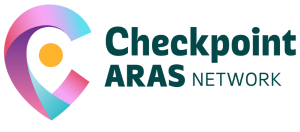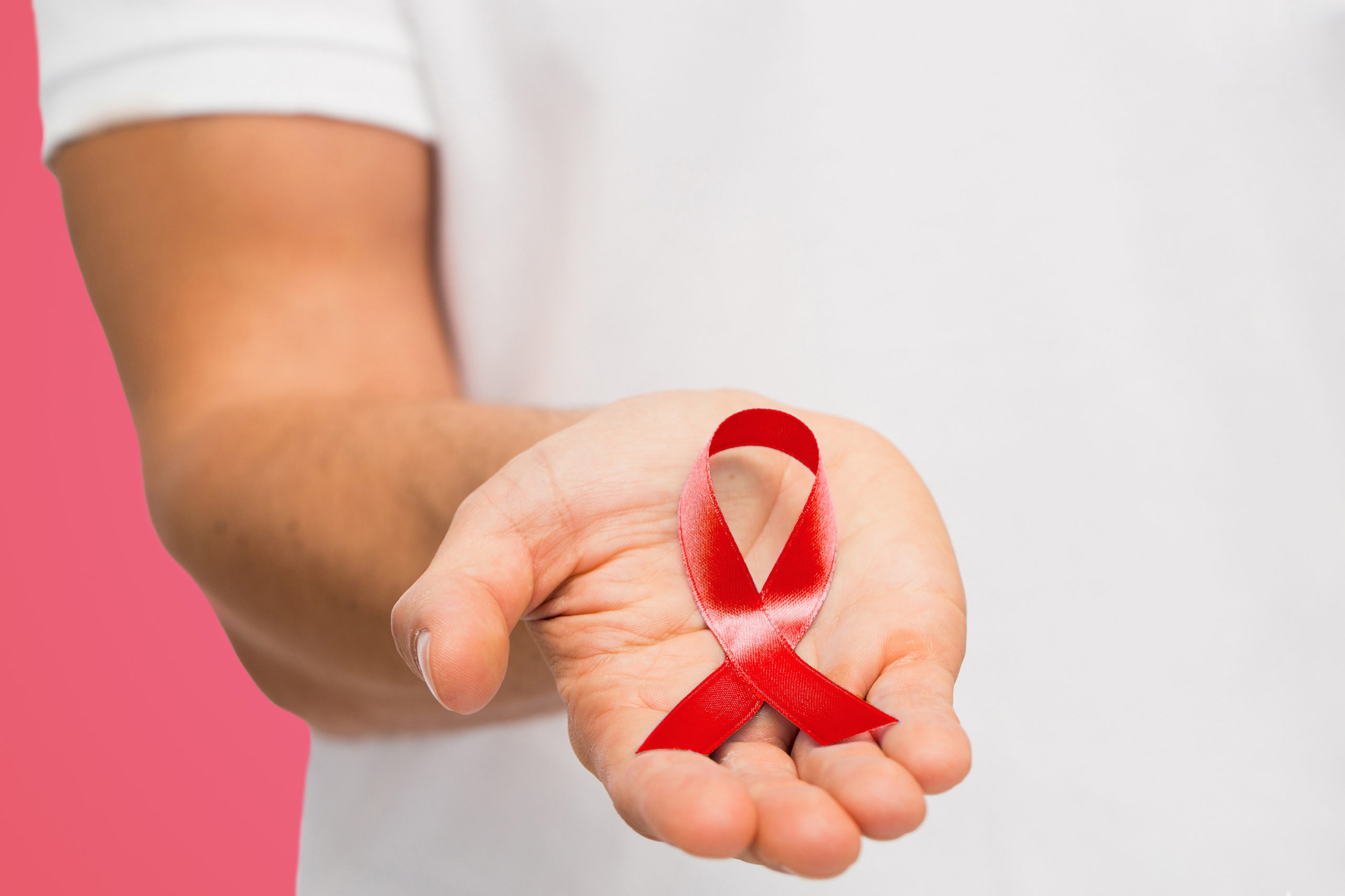There are only a few ways you can get HIV. Here, we explain the ways you can get infected and how to protect yourself.
How can you get HIV?
HIV is found in the following body fluids of a person who is already infected:
- blood
- semen and pre-sperm fluid
- rectal/anal fluids
- vaginal secretions
- breast milk.
To get HIV, these body fluids must enter the bloodstream through a mucous membrane (e.g. rectal walls, urethral walls or vaginal walls), through commonly used injection equipment or through skin that has an open wound (such as cuts, scratches, sores in the mouth or around the anus).
The amount of HIV in other body fluids, such as saliva, sweat or urine, is not enough to transmit it from one person to another.
Someone living with HIV who has an “UNDETECTABLE” viral load does not transmit HIV – meaning that treatment taken properly has reduced the amount of virus in the blood to levels where it can no longer be detected.
A person living with HIV with a detectable viral load can transmit the virus to others, whether they have symptoms or not.
HIV is most easily transmitted in the first few weeks after infection, when there is a very large amount of virus in the infected person’s body. During these first few weeks, many people do not know they are infected.
The main ways you can get HIV are:
Sex without a condom
- if you have unprotected sex (i.e. have sex without a condom and don’t take PrEP) with someone who has HIV, especially unprotected anal sex and vaginal sex.
Sharing injecting equipment
- if you share needles, syringes or other equipment for preparing and injecting drugs with someone who has HIV.
Mother-to-child during pregnancy, childbirth and breastfeeding
- HIV-infected mothers can transmit the virus to their babies through their blood during pregnancy and childbirth and through breast milk when breastfeeding.
Transfusions of contaminated blood and organ/tissue transplants
- if you receive blood transfusions, blood products or organ/tissue transplants that are contaminated with HIV. This risk is extremely low, as most countries (including Romania) test blood collected from a donation for HIV and other infections.
Without proper safety procedures, healthcare professionals may also be at risk of HIV infection from cuts/sticks made by a needle or sharp object that has come into contact with infected blood. However, the risk of ‘occupational exposure’ is very low in most countries.
If you think you have been at risk of HIV infection, the only way to find out if you are infected is to get an HIV test.
How can you NOT get HIV?
There are many myths about HIV. Some people mistakenly believe that HIV can be transmitted through the air (but HIV does not survive in the air). HIV cannot be transmitted through saliva, casual contact, touching toilet seats or mosquito bites.
How do I protect myself from HIV?
There are several ways you can protect yourself from HIV, including:
- using a condom every time you have anal, vaginal or oral sex;
- using PrEP – available in some countries, unfortunately not yet in Romania. PrEP is a drug used for HIV infection but, if taken consistently and as advised by your doctor, it prevents HIV transmission through sex;
- avoid sharing needles, syringes and other drug equipment;
- taking precautions if you work in the medical field, such as wearing protective equipment (gloves and goggles), washing your hands after contact with blood and other body fluids, and disposing of sharp/sharp equipment in special containers;
- if you think you may have been exposed to HIV, you can take PEP, a 4-week course of ARV drugs taken after possible exposure to HIV to prevent infection. For treatment to be effective, you must start PEP within 72 hours of possible exposure.

